
These are the Dr. Seuss books I currently have on my kids’ bookshelf. A book about protecting the environment, a book about respecting people no matter how small they are, and a book about trying and failing until you succeed.
When Mazzy was born, I bought a bunch of Dr. Seuss books that I remembered from my childhood, including “And To Think that I Saw It On Mulberry Street.” I only read that book one time and was like, oh wow. This is fucked up. Not only is there a racist illustration of an Asian man in there, there are also some gender stereotypes I didn’t like. I tried to read it to her a second time, skipping over the offending pages and then thought, you know what? I don’t want this on our bookshelf and got rid of it. This was in 2010, way before cancel culture was a thing or I understood anything about implicit bias or white privilege. So anyone getting upset about the recent announcement that Dr. Seuss Enterprises is not going to publish six of his books anymore, either hasn’t looked at the books in question, is knowingly denying the racist stereotypes in the books, or is a racist.
No one is saying to cancel ALL the books. There are people who are choosing not to carry any of his books in their libraries or their stores, but that is a personal decision. One I respect and understand. There are people who are saying that his books should no longer be used in schools, which is also an understandable position. Personally, I will continue to love the titles that I don’t believe are problematic. The same way I love Roald Dahl books despite his blatant anti-semitism off the page. (Look it up.) I like to think that both Dr. Seuss and Roald Dahl, if they were alive today, would have evolved their thinking, like I have seen so many white people (myself included) begin to do.
I like this quote from Ann Neely, a professor of children’s literature at Vanderbilt University. She says, “We should not judge Theodor Geisel by today’s standards, but we must evaluate his books that we decide to share with children using today’s standards. We cannot wallow in our own nostalgia when we make choices for the books we share with young children. There are simply too many outstanding books available.”
This is where I am at the moment. As always, my thoughts are open to changing. Let me know what you think in the comments below!
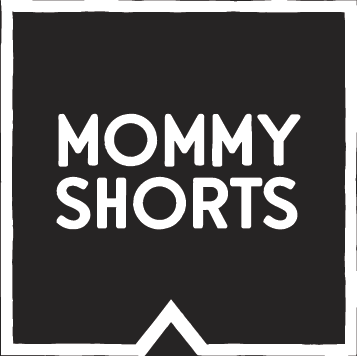




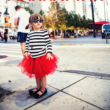
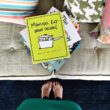

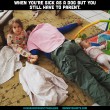




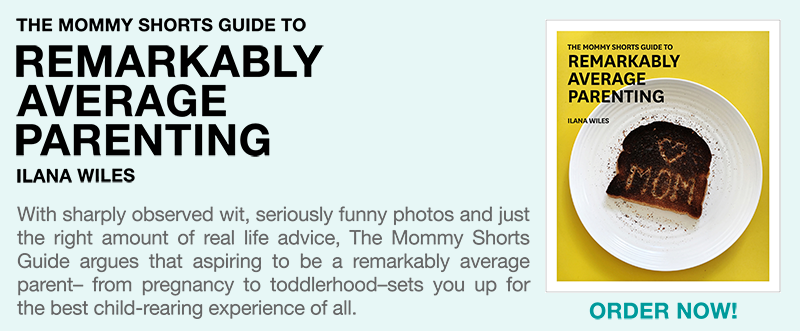



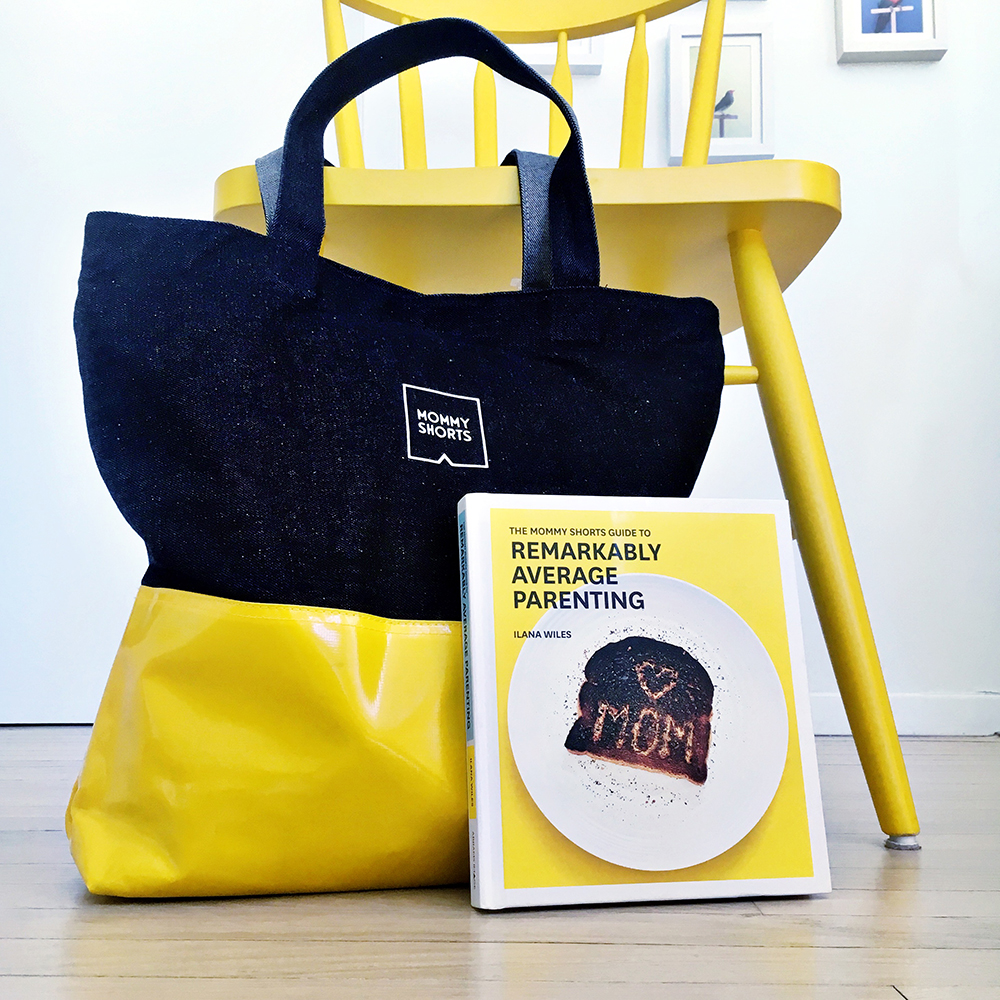







I read another blog post online that referred to the books no longer being sold as some of his earlier works. It said that he (like many people) learned as the years went on and changed his perspective on people/cultures…which is where books like Horton Hears a Who came from.
Thanks for sharing this information. I really like your blog post very much. You have really shared an informative and interesting blog post with people.